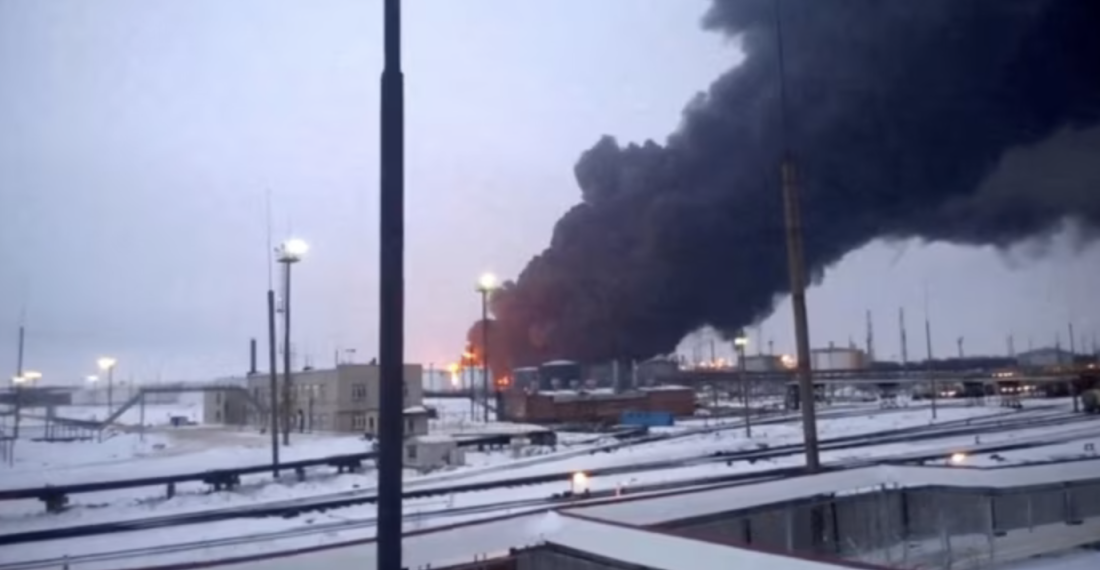The United States is reportedly preparing to provide Ukraine with enhanced intelligence to enable long-range strikes on Russia’s energy infrastructure. According to several U.S. outlets, the new support would include satellite imagery and other monitoring data to help Ukraine target refineries, pipelines, power stations and other energy facilities deep inside Russian territory. The move represents a notable shift in Washington’s posture, expanding not just defensive support but enabling more aggressive offensive options.
In parallel, U.S. decision-makers are considering providing Ukraine with Tomahawk cruise missiles, which have a strike range of hundreds of kilometres, potentially putting Russia’s western energy infrastructure within reach.
President Zelensky confirmed that he had discussed these possibilities during talks with President Trump, while expressing gratitude for the evolving cooperation: “We spoke with the United States … After my meeting with Trump, we will maybe have something more. We will see.”
Ukraine has already escalated attacks on Russian energy facilities in recent months, contributing to substantial disruptions in refining capacity. Euronews reports that nearly 40 per cent of Russia’s oil refining capability is currently offline or significantly hampered due to Ukrainian operations. Official and media sources confirm that Ukraine has struck at least 16 out of Russia’s 38 refineries, creating fuel shortages domestically, complicating Moscow’s logistics and export plans, and placing pressure on civilian fuel markets across Russia. In some regions, gasoline is being rationed or restricted to a small volume per customer, and Moscow is reportedly preparing to import fuel from abroad while allocating state subsidies to close price gaps.
Kremlin spokesman Dmitry Peskov reiterated that the U.S. “already provides intelligence to Ukraine on a regular basis” and implied that further assistance will only deepen tensions. Meanwhile, President Putin has publicly warned that supplying Tomahawk missiles to Ukraine would amount to a “qualitatively new stage of escalation” in U.S.–Russia relations.






